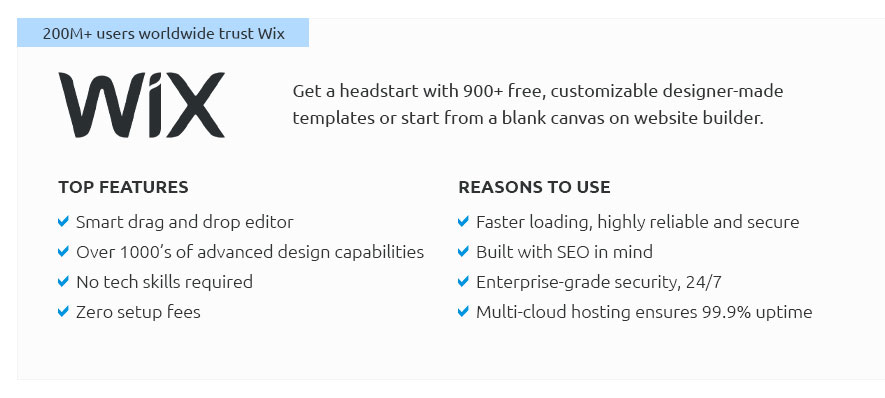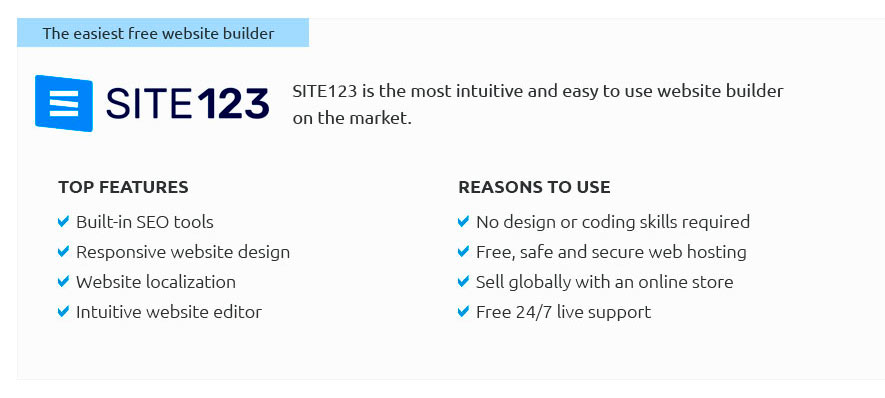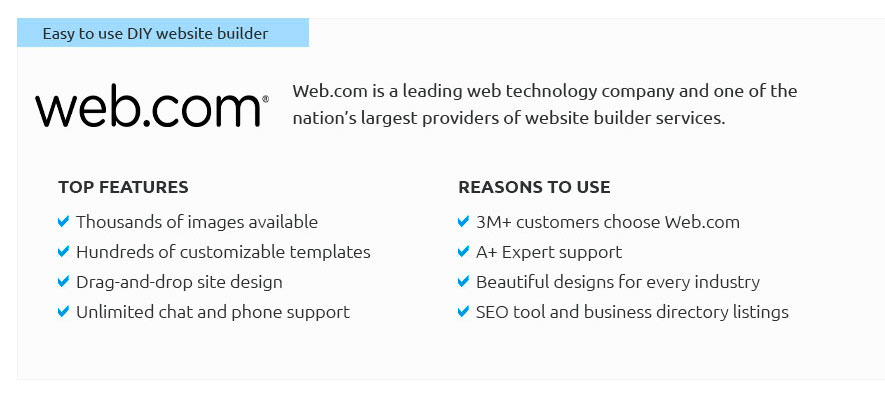 |
 |
 |
 |
|
 |
 |
 |
|
 |
|
 |
 |
|
 |
|
 |
|
 |
 |
Choosing the Best Website Building Platform for Small BusinessIn today's digital era, establishing an online presence is not just a competitive advantage for small businesses; it is a necessity. With myriad website building platforms available, selecting the most suitable one can seem overwhelming. Fear not, as this guide will delve into various factors to consider, helping you make an informed decision that aligns perfectly with your business goals. Firstly, ease of use is a crucial aspect to ponder. As a small business owner, you may not have the luxury of a dedicated web development team, which makes platforms with intuitive interfaces and drag-and-drop features highly attractive. Wix and Squarespace are renowned for their user-friendly nature, allowing even novices to craft aesthetically pleasing websites without coding skills. Next, consider the cost. Budget constraints are often a reality for small businesses, and it's vital to choose a platform that offers excellent value for money. WordPress.com stands out with its free plan and extensive customization options, though upgrading to premium versions unlocks additional features. It's essential to weigh the platform's pricing against the features and scalability it offers, ensuring that your investment fosters long-term growth. The importance of customization cannot be overstated. A website should reflect your brand's unique identity, and platforms like WordPress.org provide unparalleled flexibility with thousands of themes and plugins. While this may require a steeper learning curve, the payoff is a bespoke site that distinguishes you from competitors. Furthermore, don't overlook SEO capabilities. A well-optimized site is instrumental in driving organic traffic. Shopify, particularly favored by e-commerce businesses, offers robust SEO tools to enhance visibility and attract potential customers. Integrating SEO best practices from the outset can significantly impact your online success. Another key factor is mobile responsiveness. With the surge in smartphone usage, ensuring your website functions seamlessly across devices is imperative. Platforms like Squarespace automatically optimize sites for mobile, providing a consistent user experience that caters to a tech-savvy audience. Support and resources are also pivotal. In times of technical difficulties, responsive customer service can be a lifesaver. Wix and Shopify boast extensive support networks, offering tutorials, forums, and direct assistance to troubleshoot issues swiftly, allowing you to focus on what you do best-running your business. Finally, consider the platform's integration capabilities. Seamless integration with third-party applications, such as CRM tools, social media platforms, and payment gateways, can streamline operations and enhance customer engagement. Shopify excels in this area, supporting a wide array of integrations that cater to diverse business needs. In conclusion, while there is no one-size-fits-all solution, evaluating these factors can guide you towards the best website building platform for your small business. Prioritize your specific needs, budget, and long-term vision, and you'll be well on your way to creating a digital presence that resonates with your audience and propels your business forward. https://www.expertmarket.com/website-builders/best-website-builders
Wix came out on top as the best website builder out there in our most recent round of testing, maintaining the top spot for the third year in a row. https://www.wix.com/business/website
The Wix website builder offers a complete solution from enterprise-grade infrastructure and business features to advanced SEO and marketing toolsenabling ... https://zapier.com/blog/best-website-builders/
You can tell HubSpot CMS is geared towards business sites with its emphasis on creating a blog and robust SEO tools. There's a dedicated setup ...
|